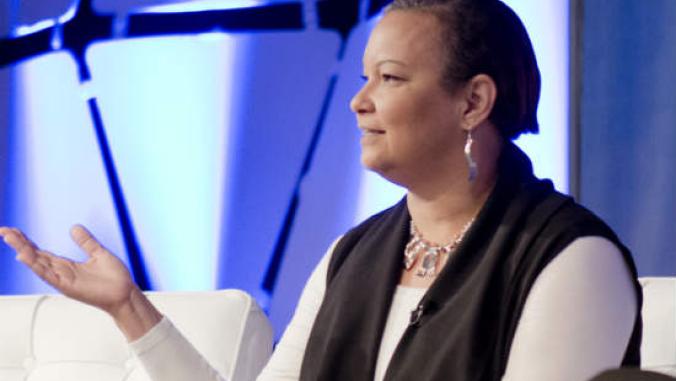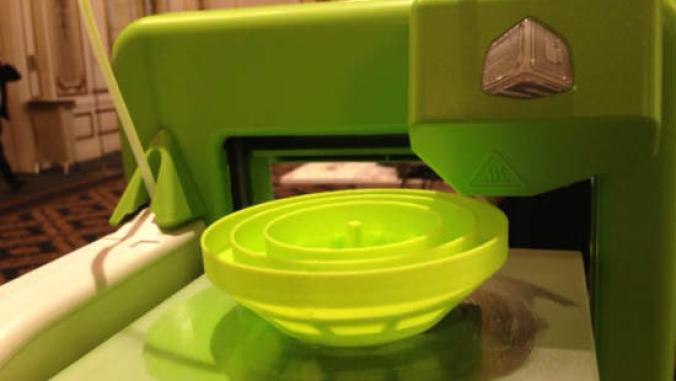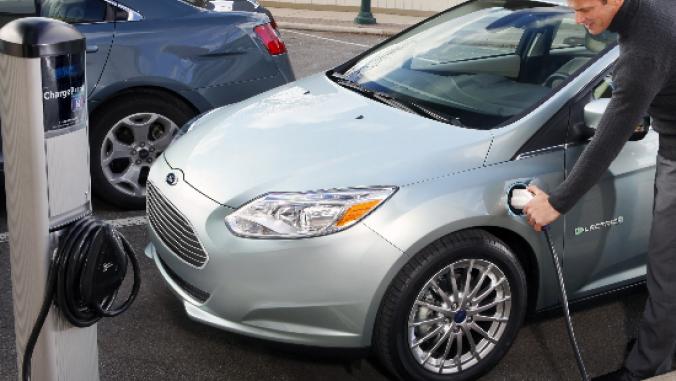More Companies Rethink Business As They Hook Into the Mesh
<p>Thousands of companies that provide new ways for people to share, rent, borrow and lend everything from cars to tools are popping up, expanding the reach of the "mesh."</p>

Businesses like Zipcar and Netflix have thrived with business models that go against the traditional concept of selling things to people. Instead, they and other "mesh" companies and organizations are making it possible for people to share, borrow and rent cars, movies, tools, food and more.
"The mesh is a fundamental shift in our relationships to the stuff in our lives, businesses in our lives and our communities," said Lisa Gansky, author of "The Mesh: Why the Future of Business is Sharing," during a presentation at the State of Green Business Forum in San Francisco. "It's an orientation away from the aspiration of ownership and realizing the power...in access," she said. "It's a pursuit of better things, easily shared."
People have a history of sharing, she said, and sharing is widespread in ways that aren't always viewed as types of sharing, like public transportation, office building, apartments, restaurants and public parks. "Cities are really fortified with share platforms," Gansky said.
 Over the past years, she said, sharing concepts have been fueled by the recession causing people to rethink the real cost and value of things, population and city growth, increased use of cell phones and social networks, and the loss of trust in big companies, opening opportunities for small companies with new ideas and businesses.
Over the past years, she said, sharing concepts have been fueled by the recession causing people to rethink the real cost and value of things, population and city growth, increased use of cell phones and social networks, and the loss of trust in big companies, opening opportunities for small companies with new ideas and businesses.
And it's become easier for mesh companies to get set up and running. Starting in 2000, it took Zipcar 6 years to have 1,000 cars in service. Whipcar, a peer-to-peer car-sharing company that recently launched in the U.K., had 1,000 cars in service in only 6 months.
Pop-up stores have also spread in popularity and regularity. By renting out empty commercial space for a limited time or for one or two days a month, businesses, groups and individuals are making temporary stores, events, art shows and more.
One important concept in the mesh, Gansky said, is to share information on failures as well as successes, as Paris did with its Velib bike-sharing program, so that others that follow in their footsteps don't replicate the same mistakes.
Sharing information also extend to finding out about companies that operate on sharing platforms. When Gansky was working on her book, she started a database of mesh companies, ending up with about 1,200 businesses in 30 categories. Since opening up the database and accepting new submissions, the database has more than tripled.
Photo by Goodwin Ogbuehi, http://flickr.com/photos/yoshikatsu.





